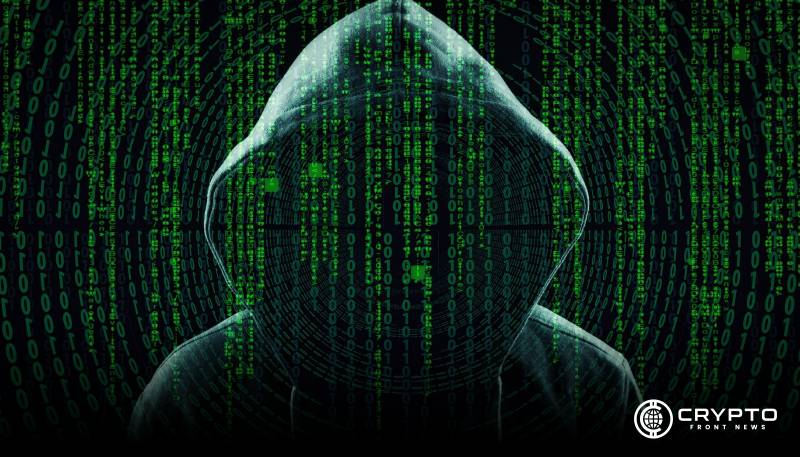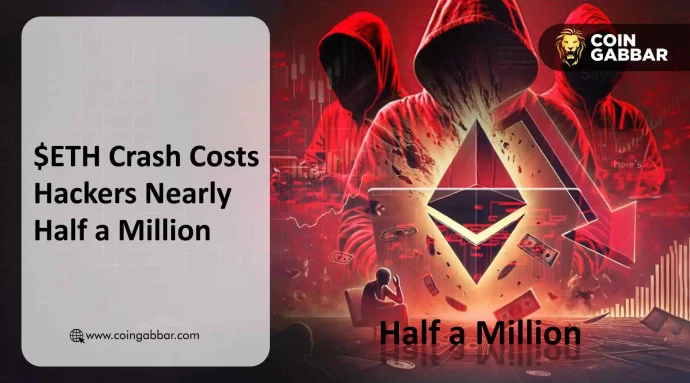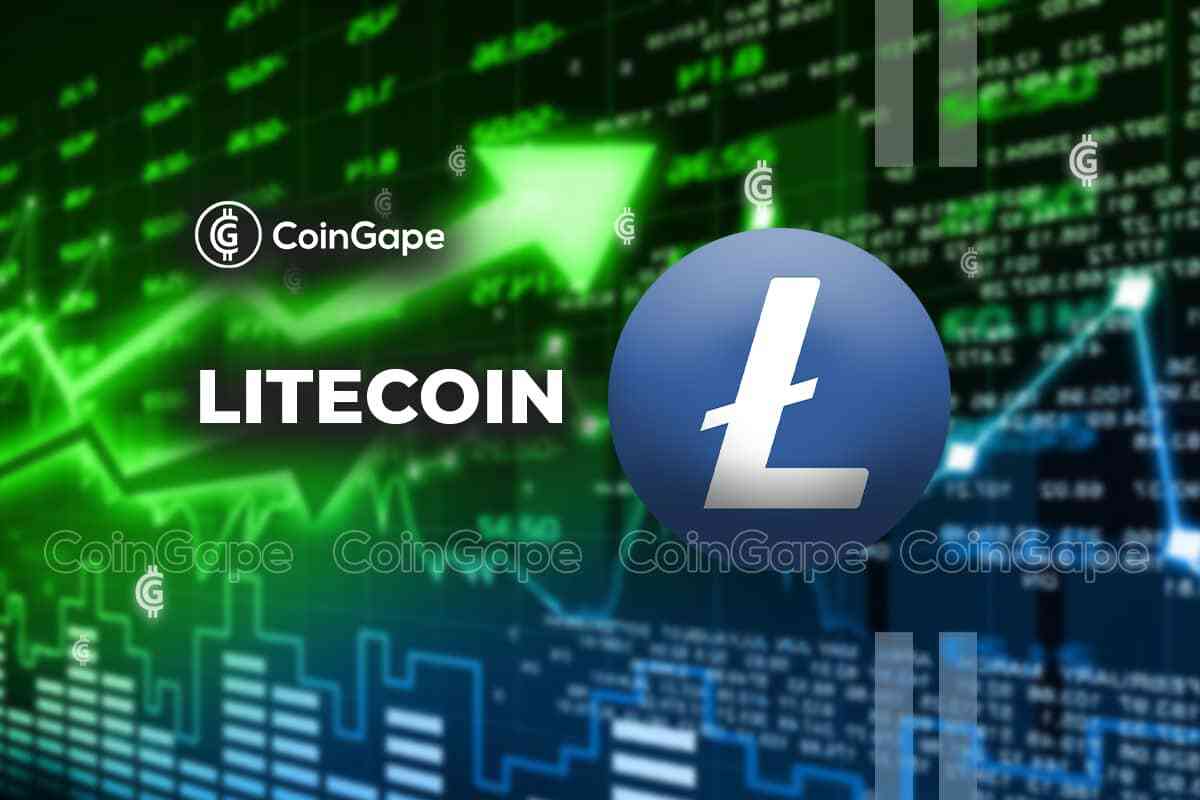- Hyperliquid’s reliance on four validators raises security risks, with just three compromises threatening billions in user funds.
- Swift intervention by Circle could freeze stolen USDC, but hackers may obscure transactions using privacy tools like Tornado Cash.
- Arbitrum’s rollback feature offers a safety net but stirs controversy over decentralization, sparking debate within the crypto community.
Hyperliquid, a decentralized leveraged trading platform, faces intense scrutiny following suspicious trading activity linked to North Korean hackers. Flagged blockchain addresses recently triggered alerts after a surge in transactions, fueling fears of a potential breach.
Analysts suggest the activity could indicate a larger, more sophisticated hacking plot targeting the platform. Over the past week, flagged accounts lost over $700,000 on Hyperliquid. While some experts see this as a smokescreen, others suspect it is a test for a broader attack.
Validator Reliance Sparks Security Concerns
Hyperliquid’s reliance on only four validators for its security has become a focal point of criticism. A prominent influencer on X highlighted the vulnerability: if hackers compromise three validators, they could control billions in funds. Hyperliquid’s bridge, which currently holds $2.3 billion in USDC, operates on a two-thirds validator quorum. This design allows three compromised validators to authorize malicious withdrawals.
Crypto software developer Cygaar warned this structure poses a risk to user funds. Besides, the relatively young infrastructure of the platform amplifies concerns about its resilience against sophisticated attacks.
Potential Defense Mechanisms
To mitigate risks, experts propose two critical defense strategies. First, the USDC issuer, Circle, could blacklist addresses involved in an attack. If executed swiftly, this move could freeze stolen funds before hackers obscure transactions through tools like Tornado Cash. Moreover, Circle’s intervention might allow recovery of the stolen USDC.
Second, Hyperliquid relies on Arbitrum’s chain, protected by a 9/12 multi-signature security council. The council can roll back malicious transactions in emergencies, ensuring funds are returned. However, this rollback option faces significant backlash due to concerns over decentralization. Critics argue such measures compromise blockchain’s foundational principles, echoing resistance seen in prior cases like Binance’s 2020 rollback proposal.
DISCLAIMER:
The information on this website is provided as general market commentary and does not constitute investment advice. We encourage you to do your own research before investing.








